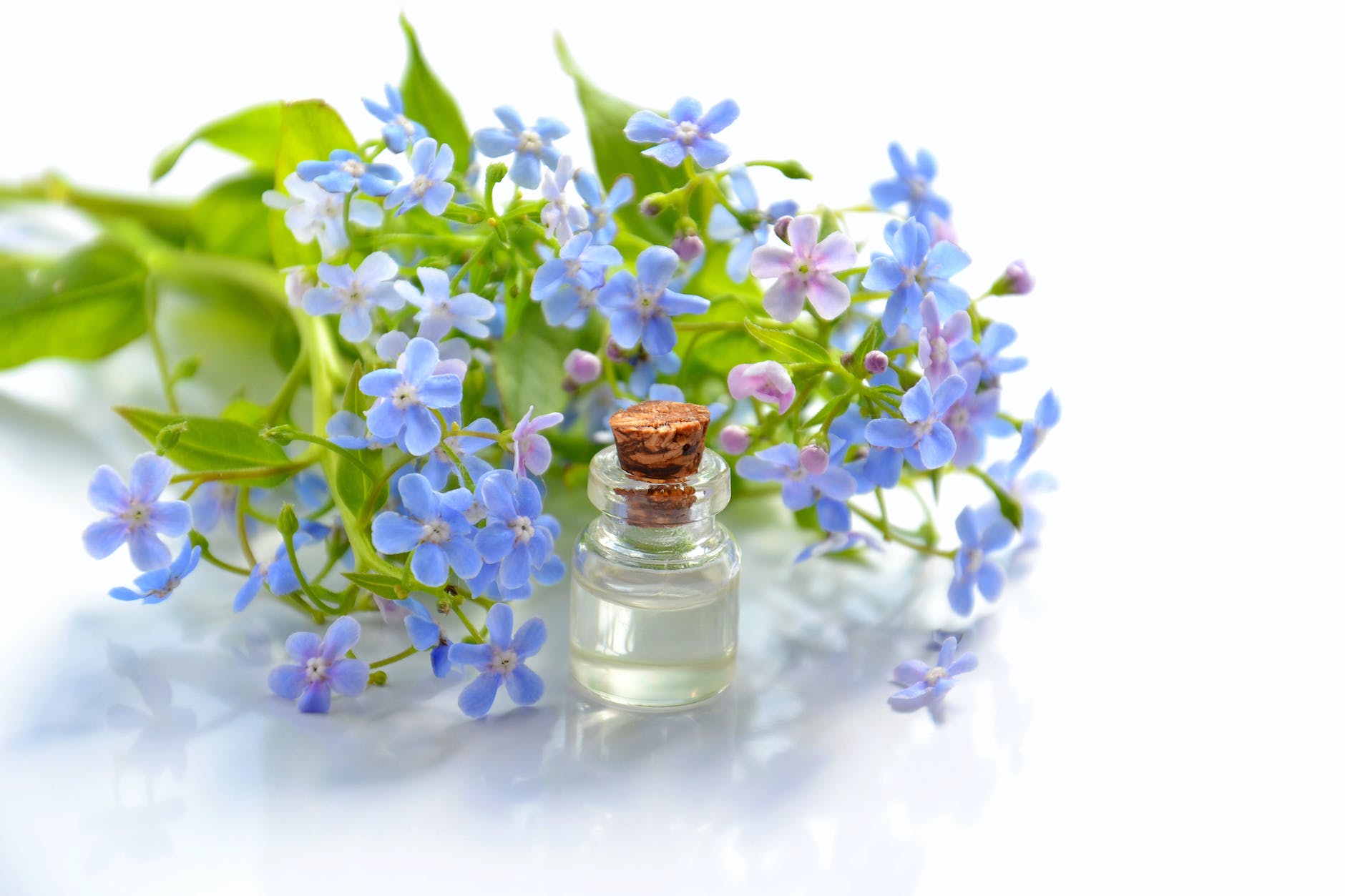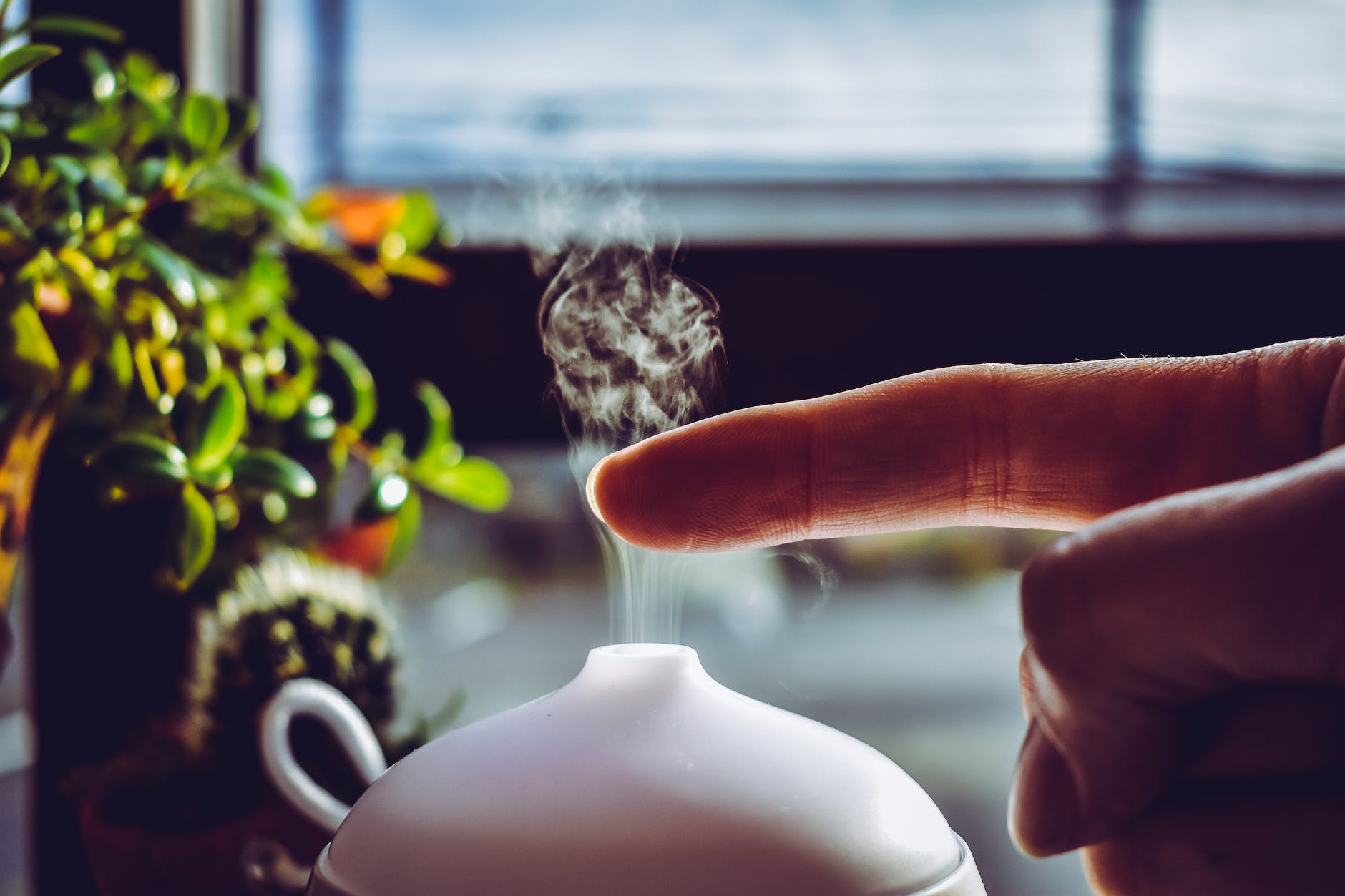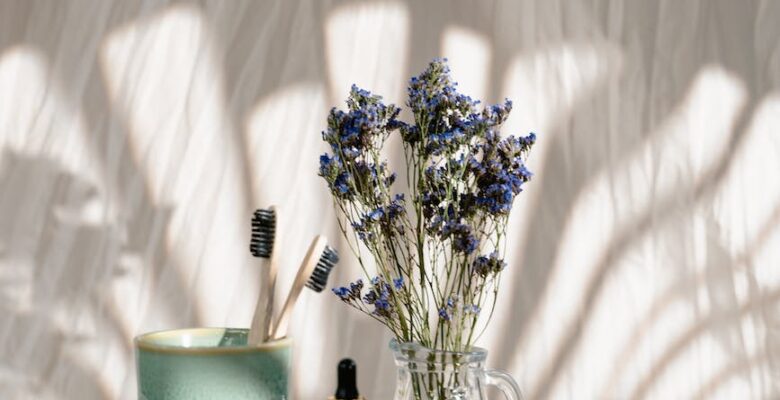Aromatherapy has been practiced for thousands of years. It is the use of essential oils from various plants to use for therapeutic purposes.
Essential oils have received a lot of positive attention for their ability to help with everything from insomnia to headaches and sore throats. But how effective are these concentrated plant-based oils?
Essential oils can have a good impact on your health and well-being if used correctly.
If you want to experiment with essential oils, l learn about the conditions they can help treat and how to select high-quality essential oils, as not all products are created equal.
What Exactly Are Essential Oils?
Plant extracts are what essential oils are. They are created by steaming or pressing different parts of a plant (bark, flowers, leaves, or fruit) to extract the elements that provide smell. A couple of ounces of essential oil can require many pounds of a plant. Essential oils, in addition to aroma, have various roles in plants.

What Exactly Is Aromatherapy?
When you inhale these essential oils, the aroma molecules move directly from the olfactory nerves to the brain, focusing on the amygdala, the emotional part of the brain.
If you are into massages, a massage therapist may add a couple of drops of wintergreen oil or lubricants to the carrier to help relax tense muscles.
To provide a calming soak, a skincare brand may add lavender to bath salts.
What are the Benefits of Essential Oils?
Although some people say that essential oils are natural cures for a variety of maladies, there hasn’t been enough research done to determine their efficacy in benefiting human health. Some studies done at Johns Hopkins discovered that some essential oils kill a strain of Lyme bacteria better than antibiotics. However, human clinical trials show conflicting results.
Some research reveals that essential oils have some benefits, while others show no change in symptoms.
Studies have been conducted to determine whether essential oils can help with conditions such as:
- Depression
- Anxiety
- Nausea
- Insomnia
- Lack of appetite
- Dry mouth
How Can Essential Oils Be Used Safely?
The market’s quality of essential oils varies. You can find pure essential oils that are less costly and those that have been diluted with carriers. Because there is no regulation, the label may not even list everything in the bottle you’re purchasing. As a result, essential oils should not be consumed.
Oil diffusers, which are very popular household equipment that produce scented mist, are also discouraged by Johns Hopkins. Diffusion might affect people differently in a public place or in a household with many members. Peppermint, for example, is frequently prescribed for headaches. However, if used around a youngster under 30 months old, the child may grow upset. It may have a detrimental impact. Be cautious; peppermint can also cause an unpleasant reaction in people who have a rapid or fast heartbeat.
Safest ways to use essential oils:
Aromatherapy accessories include Necklaces, bracelets, and keychains fashioned of absorbent materials to which essential oils can be applied and sniffed throughout the day.

Body lotion: A massage oil made from essential oils and a carrier oil such as sunflower, olive, jojoba, or coconut oil. Because essential oils are concentrated, they might irritate the skin. On the skin, avoid applying them at full strength.
Stick of aromatherapy: These portable plastic sticks, often known as essential oil inhalers, include a cotton wick that soaks up essential oil. They come with a lid to keep the aroma hidden until you’re ready to use it.
Essential oil allergy symptoms
Certain essential oils may cause allergic responses or irritation in a limited number of persons. If you have atopic dermatitis or a history of allergic responses to topical treatments, you are more likely to have a negative reaction. Although any essential oil can cause a response, the following are more likely to be problematic:
- Oil of oregano
- Cinnamon bark essential oil
- Jasmine essential oil
- Lemongrass essential oil
- Ylang-ylang essential oil
- Chamomile essential oil
- Bergamot essential oil
Because pure essential oils are highly concentrated, diluting them in carrier oil is the best approach to avoid a negative reaction when applying them straight to the skin. Consult a doctor if you get hives or itchy skin after using essential oils. You could be experiencing an allergic response.
What Are the Best Essential Oils?
There are so many essential oils in the market. Each has a unique scent and chemical composition. Which essential oils are ideal depends on the symptoms you want to alleviate and the fragrances you like.
Here are some of the most well-known essential oils:
Tea tree essential oil: This oil is very popular and was utilized by Australia’s aboriginal people to treat wounds. It’s now routinely used to treat insect bites, acne, and athlete’s foot.
Peppermint essential oil: There is some evidence that taking peppermint essential oil in an enteric-coated capsule (from a reputable health supplement provider) can reduce irritable bowel syndrome. It may help reduce tension headaches when administered topically.
Lemon oil: The zesty aroma of lemon oil is a mood booster for many people. Because scent has a mood booster, it is frequently found in homemade cleaning products.
Lavender essential oil: The lavender aroma has a soothing effect on many individuals. It is frequently used to reduce anxiety and tension and to promote healthy sleep.
Here is how to look for High-Quality Essential Oils
When purchasing these types of oils, the quality of the products is important. However, determining which oils are the best is difficult because there is no regulatory entity in the United States that provides a grading system or accreditation for essential oils.

Is it a major issue?
Many vendors claim that their essential oils are “therapeutic grade,” but this is only a marketing ploy.
Unfortunately, there are many products available in stores and online that have been improperly harvested or contain ingredients that are not necessarily listed on the label.
Here are some shopping suggestions for pure essential oils:
Examine the label: It should include the Latin name of the plant, details about its purity or other constituents, and the country where it was grown.
Examine the company: Purchase items from a respected aromatherapy company that has been in business for several years.
Opt for dark-colored glass containers: Essential oils are extremely concentrated. Plastic bottles might disintegrate over time, tainting the oil. To safeguard the integrity of essential oils, most companies package them in little colored glass bottles with screw cap lids.
Avoid using “fragrance oils”: Fragrance or perfume oils are created by combining essential oils with chemicals or by using chemicals entirely. You should look for products that contain a single essential oil in its purest form without any additives.
Price comparison: The cost of essential oils varies according to how involved the harvesting and production are. There should be a wide range of costs within a line – pure eucalyptus or sandalwood oils will be more costly, while sweet orange oil will be less expensive. If you find a low price for a costly essential oil, it is most likely not pure.
To Conclude on Aromatherapy
Just smelling some of these essential oils can elevate your mood and make you feel good. They may even assist some people to relieve the symptoms of various diseases. Consult an integrative medicine professional for further information on how to incorporate them into a healthy lifestyle.
